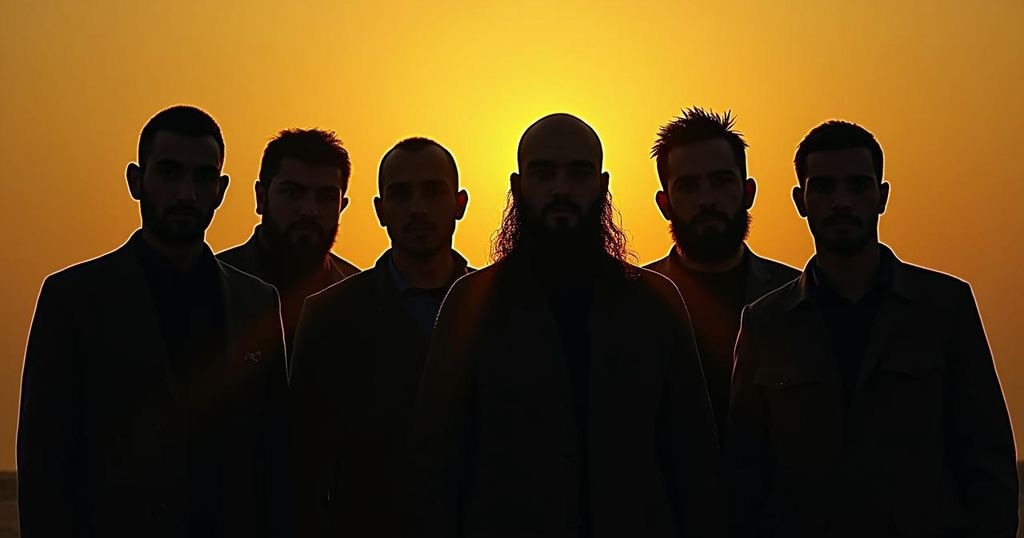Over the past week, intensified Israeli strikes in Lebanon resulted in the deaths of seven top Hezbollah officials, including the group’s leader Hassan Nasrallah. The attacks have shocked Lebanon and heightened tensions in the Middle East, marking a significant escalation in the ongoing conflict between Israel and Hezbollah. The loss of these key figures poses serious challenges for the militant group as it seeks to adapt to its reduced leadership.
In a series of escalated Israeli military actions over the past week, seven high-ranking officials from Hezbollah, a formidable militant group in Lebanon, were killed, including the group’s prominent leader, Hassan Nasrallah. This unprecedented strike has sparked shockwaves across Lebanon and the broader Middle East, with Israeli officials lauding it as a significant military achievement. Following a surprise assault by Hamas on Israeli territory, Hezbollah increased its military engagement, complicating an already volatile situation in the region. The recent strikes signify a major intensification in hostilities between Israel and Hezbollah, marking a transformative moment in Middle Eastern conflicts. Nasrallah, at the helm of Hezbollah since 1992, was known for his strategic prowess in various conflicts against Israel and his involvement in regional affairs. His leadership helped propel Hezbollah into a preeminent military and political force within Lebanon, while also contributing to the group’s controversial partnerships in places like Syria, Iraq, and Yemen. Accompanying Nasrallah in this tragic series of events were several other key figures: Nabil Kaouk, the deputy head of Hezbollah’s Central Council and potential successor to Nasrallah; Ibrahim Akil, a commander of the Radwan Forces implicated in historic attacks against U.S. targets; Ahmad Wehbe, also a crucial leader within the Radwan Forces; and Ali Karaki, significant for leading Hezbollah’s southern front operations. Furthermore, Mohammad Surour and Ibrahim Kobeissi played critical roles in operationalizing Hezbollah’s drone and missile capabilities, respectively. The assassination of these high-ranking officials presents a unique challenge for Hezbollah, as it navigates through profound leadership vacuum while enduring intensified Israeli military focus on its operational capabilities. With various remnants of the leadership remaining, including Naim Kassem and potential successors like Hashim Safieddine, Hezbollah faces a pivotal moment in its long-standing conflict with Israel. Moving forward, while Nasrallah’s deputy Kassem holds a prominent position, the organization’s future strategic direction remains murky amidst this upheaval in its leadership.
The recent assassinations of top Hezbollah figures come amid increased hostilities in the region, particularly involving engagements with Israel and support for Hamas in Gaza. These actions are part of a broader strategy of escalation which signifies a vital shift in the ongoing conflict dynamics in the Middle East. Nasrallah’s leadership over nearly three decades not only redefined Hezbollah’s military and political influence in Lebanon but also tied its fate to various regional conflicts and alliances.
The assassination of seven senior Hezbollah officials, including Hassan Nasrallah, marks a critical juncture in the ongoing conflict between Israel and Hezbollah. This unprecedented series of strikes exemplifies both a significant military strategy by Israel and reflects the deepening complexities within Lebanese and regional politics. Hezbollah’s response and future direction remain uncertain, as the organization contends with the loss of several pivotal leaders and the strategic challenges posed by a reshaped leadership.
Original Source: www.nbcphiladelphia.com







